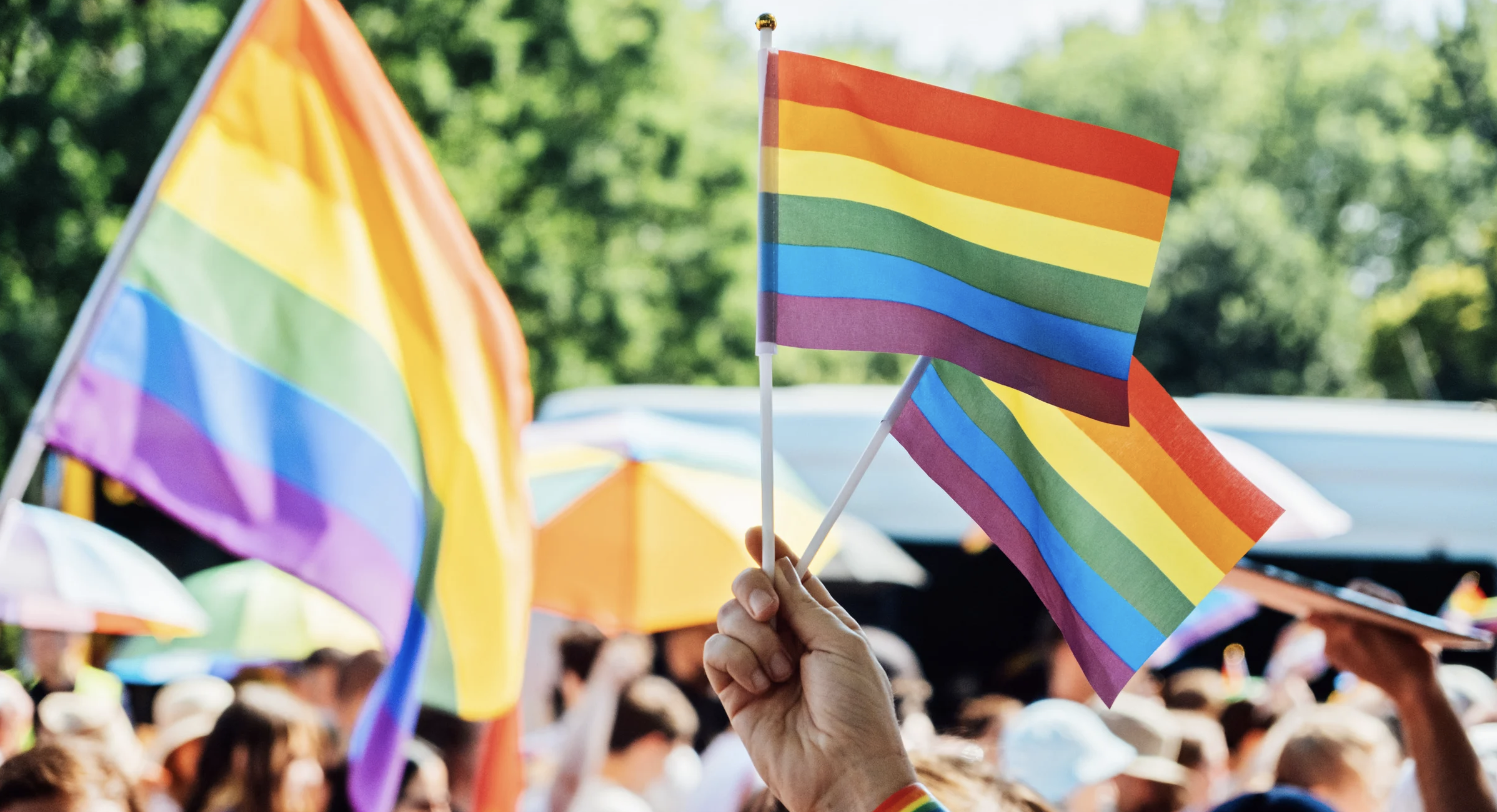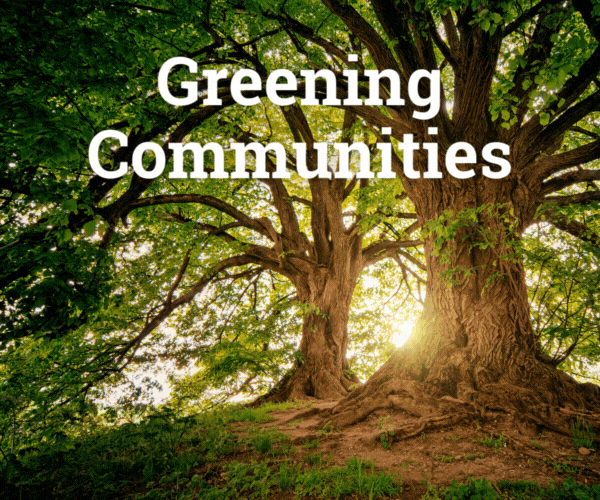What does it mean to be LGBTQ as this year’s Pride Month comes amid polarization and rights rollbacks nationwide?
This month alone, the Trump administration announced it would stop funding an LGBTQ suicide prevention hotline that had serviced over 1.3 million youth since 2022; the Supreme Court upheld a ban in Tennessee on gender-affirming medical care for transgender minors; and, in a win for LGBTQ advocates, a federal judge blocked the administration’s order to refuse to issue passports to transgender and nonbinary Americans.
About 9 million US adults, or 3.8%, identify as lesbian or gay (1.7%), bisexual (1.8%) or transgender (0.3%).
“I remember a time when we were completely repressed, hidden and shoved into a closet, and that did not stop us from coming out,” said Helen Zia, journalist and founder of The Vincent Chin Institute, at a Friday, June 20 American Community Media briefing. “If you completely pretend that there’s no such thing as queer people, that’s not going to stop it.”
“Not long ago, even today, even in activist communities, many people believe that it’s a white thing, that it’s not something in our communities, it’s a white disease,” she continued. “But it’s not possible to remove our identities.”
Describing one experience while growing up as an Asian American feminist activist in New Jersey in her early 20s, Zia said “I was invited to a meeting of Asian, Black and Latino activists. When I got there, I was told to sit in the middle of the room. Everybody else was around me in a semi-circle … and they said ‘Helen, we’ve noticed that you’re hanging out with a lot of lesbians, and we need to know if you’re a lesbian, because homosexuality is a sign of of petty bourgeois White self-indulgence, and it has no business being in our communities of color.’”
“I had never had a girlfriend,” she explained. “At that time, things were so invisible and demonized that in my mind, I was going, ‘I don’t know. What does that mean? How do I know I’m a lesbian?’ So I looked at all my fellow activists, and I said ‘No, I’m not.’ And they were like, ‘Oh, good, fine. Next agenda item.’ I was just an agenda item for them … but for me, it was stepping into the closet and slamming the door shut. I didn’t go to any more women’s movement meetings.”
What has particularly boosted general acceptance of LGBTQ people since then “is when people realize that their own family members, people they love, might be LGBTQ,” Zia continued. “Marriage is not just two people getting married. It’s two families coming together … and I think that’s one code that people do understand: If you’re going to insult my family member, you insult all of us.”
Describing his upbringing in Sacramento, California to Catholic Mexican immigrant parents, journalist and author Richard Rodriguez said “My siblings converted my parents … My brother, a lawyer in San Francisco, was encouraging my coming out long, long ago, and my sister was my date when I wanted somebody to go to plays and musicals with. When she found the man that she would marry, there was a sense that I had lost her, but he ended up being the person who married me (and my partner).”
“My unease with the term ‘pride’ is that I don’t feel that I chose to be gay. I feel that I was chosen to be gay,” he continued. “And now, it is an incredibly dangerous time. There’s no doubt in my mind that civil marriage for same-sex couples could be reversed. We saw that with Roe v. Wade … and we’re seeing queer people who have sought asylum being picked up to be deported back to countries where they could be killed for who they are.”
Among the 238 Venezuelan migrants deported to El Salvador last March, for instance, was gay makeup artist Andry Hernandez Romero. In late May, a federal judge also ordered the Trump administration to facilitate the return of a gay Guatemalan asylum seeker who was wrongfully deported to Mexico.
“During the AIDS crisis, the activists had a saying, ‘silence equals death’ — and that’s what’s happening now. We cannot afford to be silent,” Rodriguez added.
“In my South Asian community, it is very commonly understood that our children are not queer or trans. This is someone else’s problem … so our children wait until they’re safe outside the home as adults before they come out,” explained Aruna Rao, executive director of nationwide South Asian LGBTQ resource network Desi Rainbow, which she founded in New Jersey during the COVID-19 pandemic.
Rao said that a decade ago, when her child came out as transgender, “there wasn’t a lot of information out there for immigrant parents. I found myself the only brown face at support meetings and I felt like people didn’t really see all of me … That led me to think that I could not be the only Indian American mother of a queer and trans child. There must be thousands of these parents. Why did I not have a community of people that I could lean on?”
“My child did not come out to his dad. He told me to keep his identity a secret, and I tried for as long as I could, until he went away to college. At that point, it felt like the secret was too heavy to bear. And so I did tell my husband,” she continued. “He told my son: ‘You know I love you. I don’t understand any of this. You can tell me what you want me to do or say, but never doubt that I love you.’ That was a beautiful moment, because it led our family forward without having to worry about reactions.”
LGBT people are over twice as likely than heterosexual people to have a mental health disorder in their lifetime, and two and a half times as likely to experience depression, anxiety and substance misuse in particular.
“None of these mental health issues are caused by being LGBTQ or coming out,” said Rao. It’s due to the stigma and discrimination that LGBTQ people face. The immigrant parents that I work with deal with a lot of the same stigma … so the family ends up being almost as isolated as LGBTQ people.”
“In our immigrant communities, extended family and our chosen family of friends are crucial to our children’s coming out process, because their acceptance will make or break a child’s ability to live authentically,” she continued, adding that key to pride for both LGBTQ Americans and those seeking to support them “is peer support, talking to others who have walked in their shoes.”





